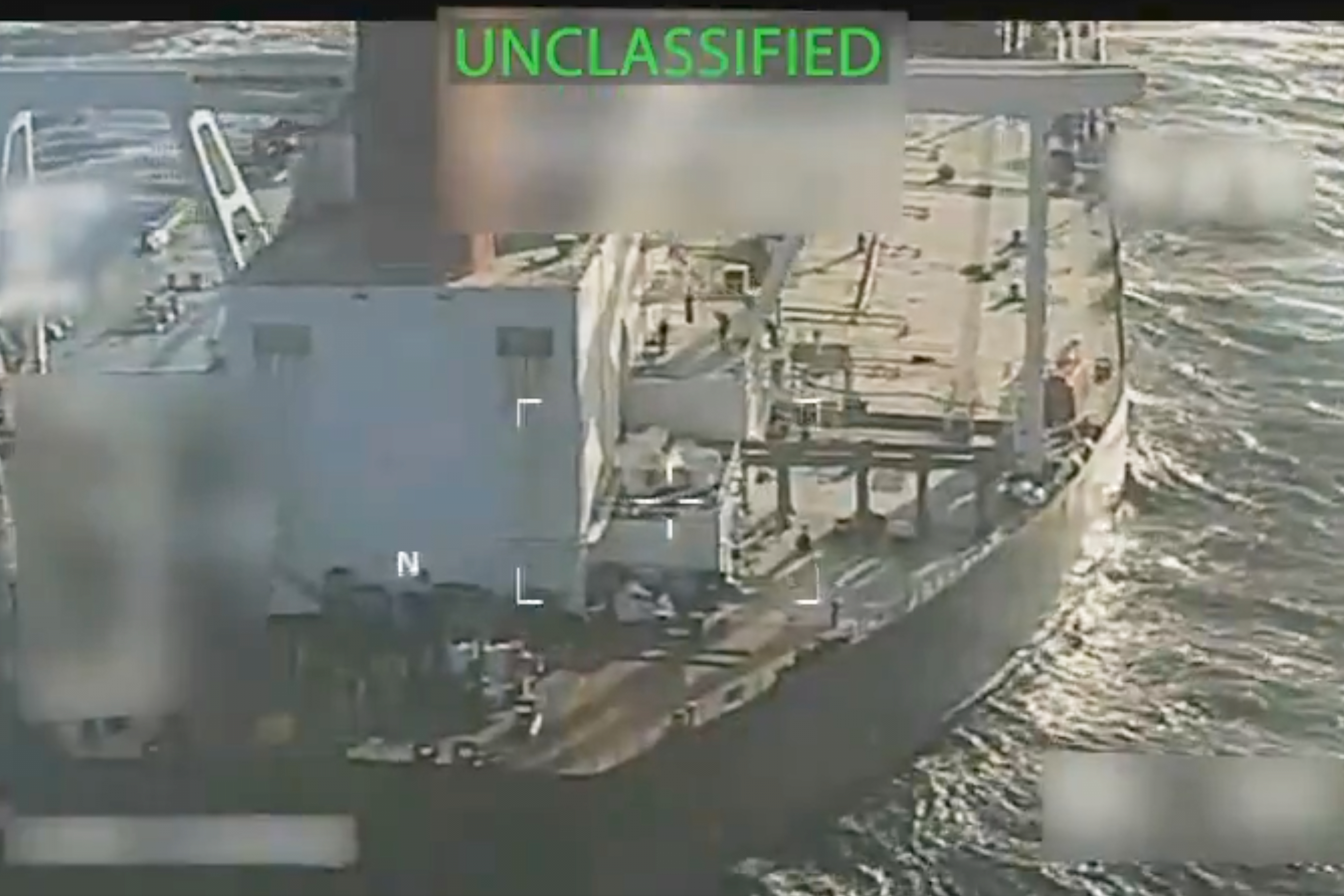When Iraq’s soldiers dropped their weapons and fled from ISIS two months ago, it was the Kurds who stepped in and defended the region’s north. (Via Getty Images)
ISIS, of course, is the group of jihadi militants who now go by the name Islamic State and have wreaked havoc on Iraq since June. (Via YouTube / Nasrun min Allah)
Since then, the Kurdish security forces known as the Peshmerga have taken over many of the positions abandoned by the Iraqi military, including in the oil-rich city of Kirkuk. (Via Voice of America)
Until now, the Kurdish strategy had been mainly defensive — holding off the insurgents without the help of the Iraqi army. (Via Getty Images)
But according to The Long War Journal, a blog that reports on the global war on terror, the Peshmerga have been forced to launch a counteroffensive.
This, after ISIS fighters reportedly overran a handful of cities in northern Iraq in just 48 hours — among them, Sinjar and Zumar, along with Iraq’s largest hydroelectric dam located just north of Mosul. This map from the Long War Journal shows all the Syrian and Iraqi cities now thought to be under ISIS control. (Via Google / The Long War Journal)
The insurgents offensive also targeted the Yazidis — a minority community in Iraq who practice a pre-Islamic faith. They were reportedly told to convert to Islam or be executed. That sent tens of thousands of Yadizis fleeing their homes. (Via PressTV)
There are varying reports on who’s actually now in control of these strategically important cities. Regardless, the latest onslaught from ISIS represents a major setback for the Kurds.
You see, the Kurds — who are mostly Sunni Muslims — currently enjoy at semi-autonomous region in the north but they’ve have long campaigned for an independent state. (Via Getty Images)
As Iraq descended further into chaos, analysts had speculated the Kurds could use quietly use their territorial gains to finally assert independence. (Via ITN)
News broke Monday that Iraq’s Shi’ite-led government sent its air force to back the Kurdish forces. The Wall Street Journal speculated the “move also could help to ease Iraq's tense political environment.”
But The New York Times suggests otherwise, writing Baghdad’s air support doesn’t represent any easing of tensions. Instead, “[it] seemed only to reflect the dire situation on the ground.”
Meanwhile, the Obama administration is said to be considering a request from Peshmerga to provide sophisticated weaponry. Back in June, the U.S. sent a team of 300 military advisors to assist the Iraqi forces.










